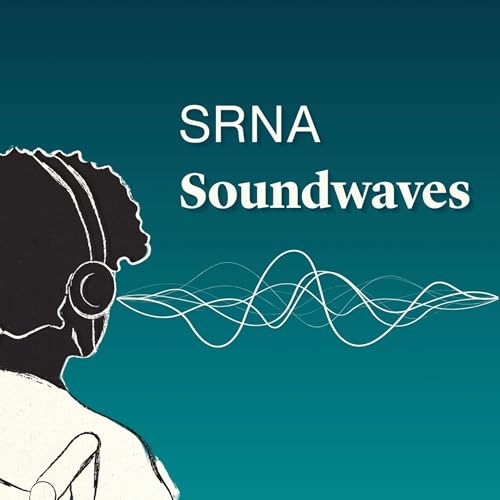In this episode of the SRNA "Ask the Expert" podcast moderated by Dr. GG deFiebre, Dr. Kyle Blackburn and Dr. Benjamin Greenberg discussed the need for updated diagnostic criteria for myelitis. Dr. Blackburn explained the term myelitis and the importance of precise terminologies for accurate diagnoses and research [00:05:10]. Dr. Greenberg elaborated on the advancements in testing and understanding of associated disorders like NMOSD and MOGAD since 2002 [00:11:10]. Both experts stated that the shift from "transverse myelitis" to "myelitis" will aid future research, treatments, and patient care [00:17:27]. They reassured patients that these changes would essentially refine their care but not alter it dramatically [00:23:40]. They encouraged patients to stay informed and communicate with their healthcare providers about these updates [00:28:58].
Kyle Blackburn, MD is an Assistant Professor in the Department of Neurology at UT Southwestern Medical Center in Dallas, Texas. He specializes in neuroimmunology and has clinical interests in antibody-mediated neurologic disorders, including autoimmune encephalitis, epilepsy, and ataxias; neurologic complications of cancers, including paraneoplastic disorders and checkpoint inhibitor/CAR T-cell toxicity; and demyelinating disorders, including sarcoidosis, neuromyelitis optica, myelin oligodendrocyte glycoprotein (MOG)-associated disease, and multiple sclerosis.
Dr. Blackburn earned his medical degree at the University of Kentucky College of Medicine. He performed his residency in adult neurology at UT Southwestern, serving his final year as Chief Resident, and stayed to complete a fellowship in neuroimmunology, during which he earned the James T. Lubin Clinician Scientist Award from the Siegel Rare Neuroimmune Association (SRNA). He joined the UT Southwestern faculty in 2020.
Benjamin M. Greenberg, M.D., M.H.S. is a Professor and the Cain Denius Scholar in Mobility Disorders in the Department of Neurology at UT Southwestern Medical Center in Dallas, Texas. He currently serves as the Vice Chair of Translational Research and Strategic Initiatives for the Department of Neurology. He is also the interim Director of the Multiple Sclerosis Center and the Director of the Neurosciences Clinical Research Center. In addition, he serves as Director of the Transverse Myelitis and Neuromyelitis Optica Program and the Pediatric Demyelinating Disease Program at Children’s Medical Center.
Dr. Greenberg earned his medical degree at Baylor College of Medicine before completing an internal medicine internship at Chicago’s Rush Presbyterian-St. Luke’s Medical Center. He performed his neurology residency at the Johns Hopkins School of Medicine. He also holds an M.H.S. in molecular microbiology and immunology from the Bloomberg School of Public Health, as well as a bachelor’s degree in the history of medicine – both from Johns Hopkins. Prior to his recruitment to UT Southwestern in 2009, Dr. Greenberg was on the faculty of the Johns Hopkins Division of Neuroimmunology, serving as the Director of the Encephalitis Center and Co-Director of the nation’s first dedicated Transverse Myelitis Center.
Dr. Greenberg splits his clinical time between adult and pediatric patients at William P. Clements Jr. and Zale Lipshy University Hospitals, Parkland, and Children’s Medical Center. His research focuses on better diagnosing, prognosticating, and treating demyelinating diseases and nervous system infections. He also coordinates clinical trials to evaluate new treatments to prevent neurologic damage and restore function to affected patients.
00:00 Introduction
00:58 Overview of Myelitis and Diagnostic Criteria
02:57 Historical Context and Importance of Updated Criteria
05:10 Challenges with Current Terminology
11:10 Changes in Understanding and Diagnostic Approaches
17:27 Implications for Patients and Clinical Practice
23:40 Impact on Research and Future Directions
28:58 Patient Advocacy
31:17 Conclusion
 17 分
17 分 2025/12/1521 分
2025/12/1521 分 1 分
1 分 13 分
13 分 59 分
59 分 47 分
47 分 31 分
31 分 36 分
36 分
